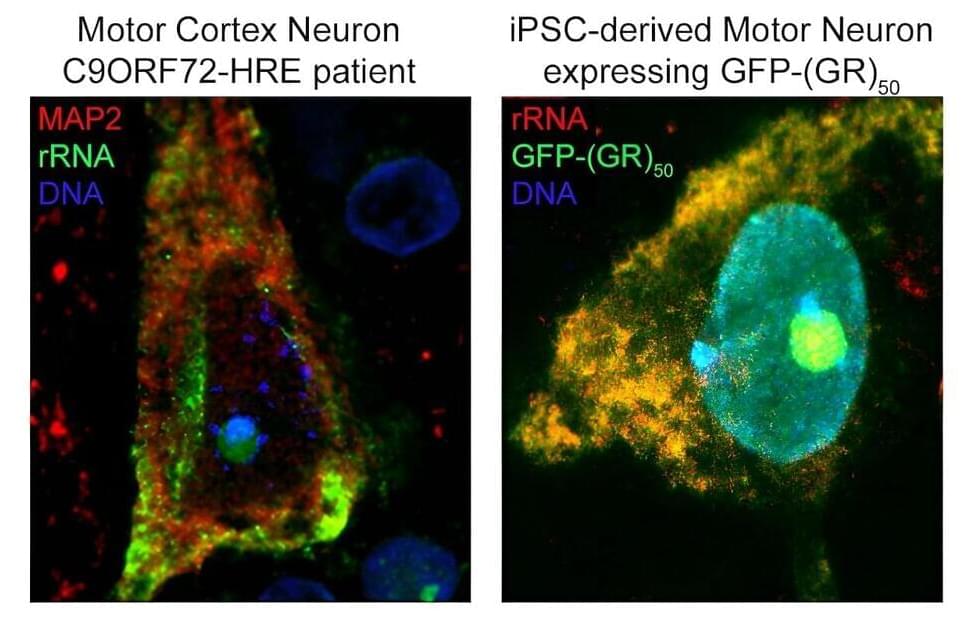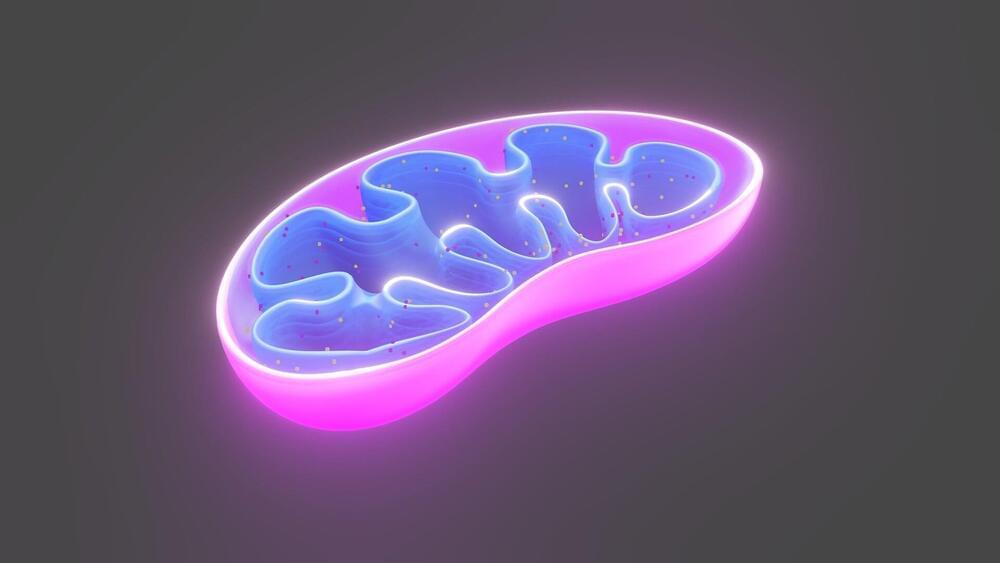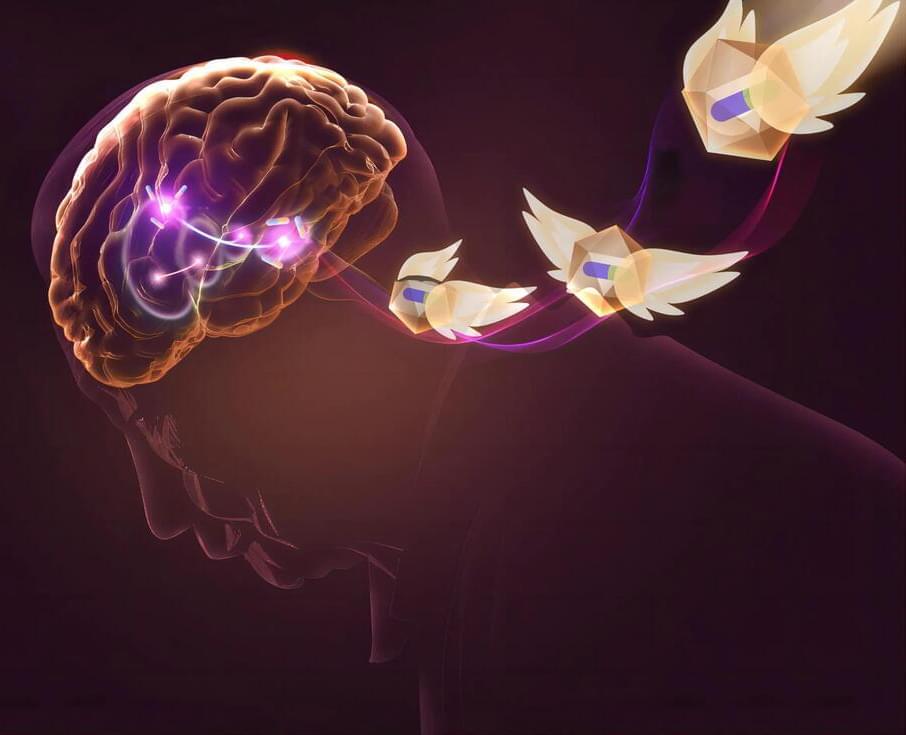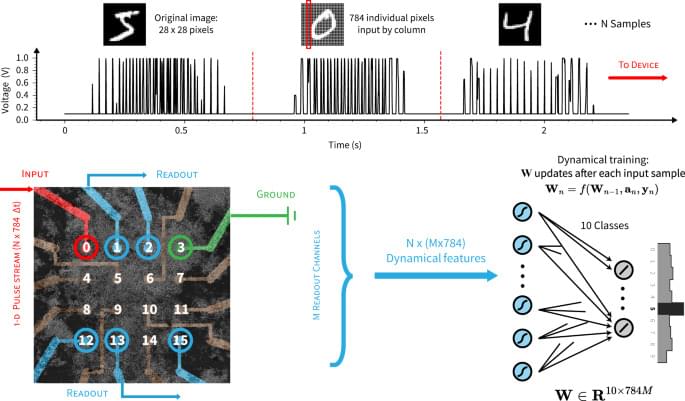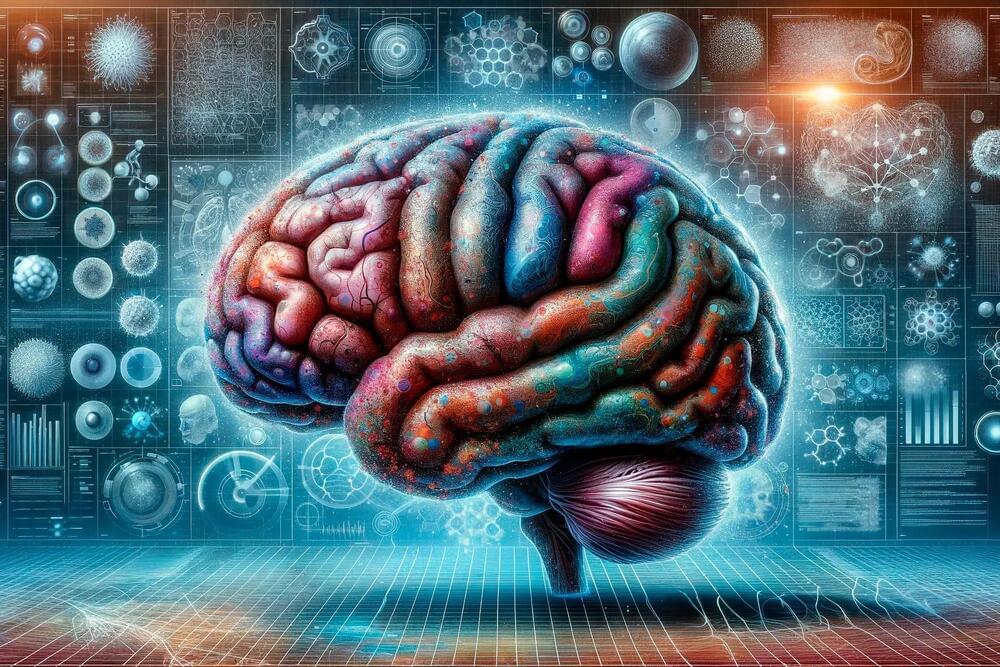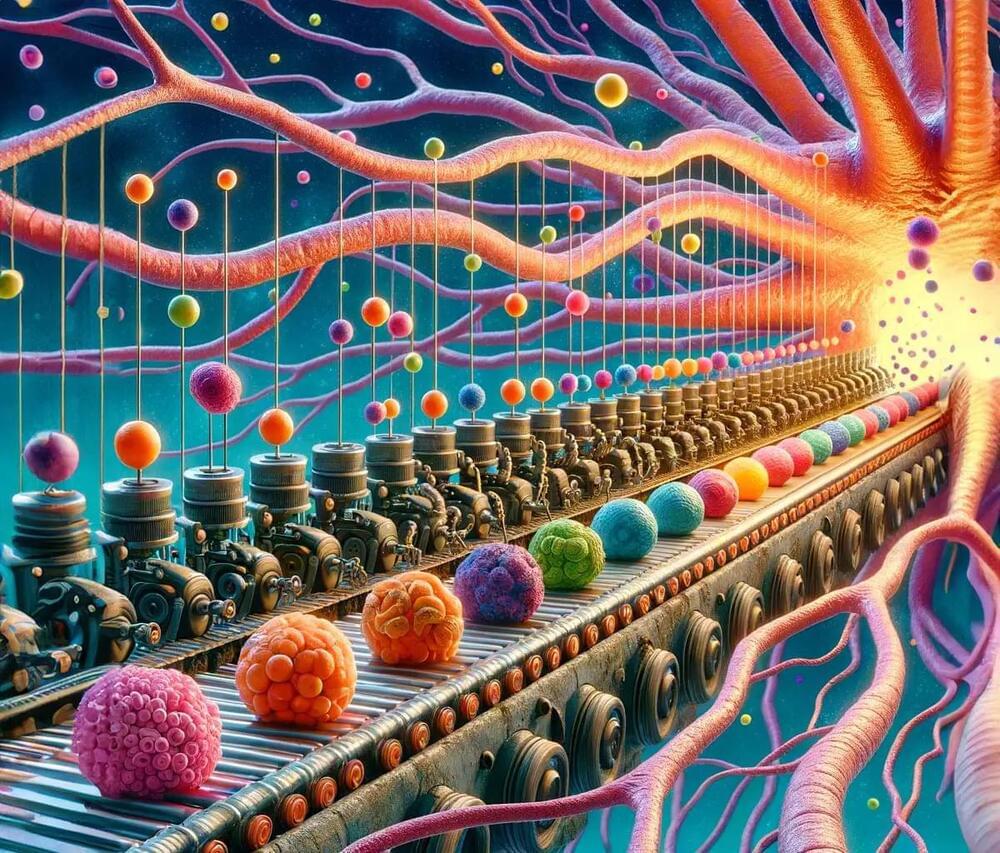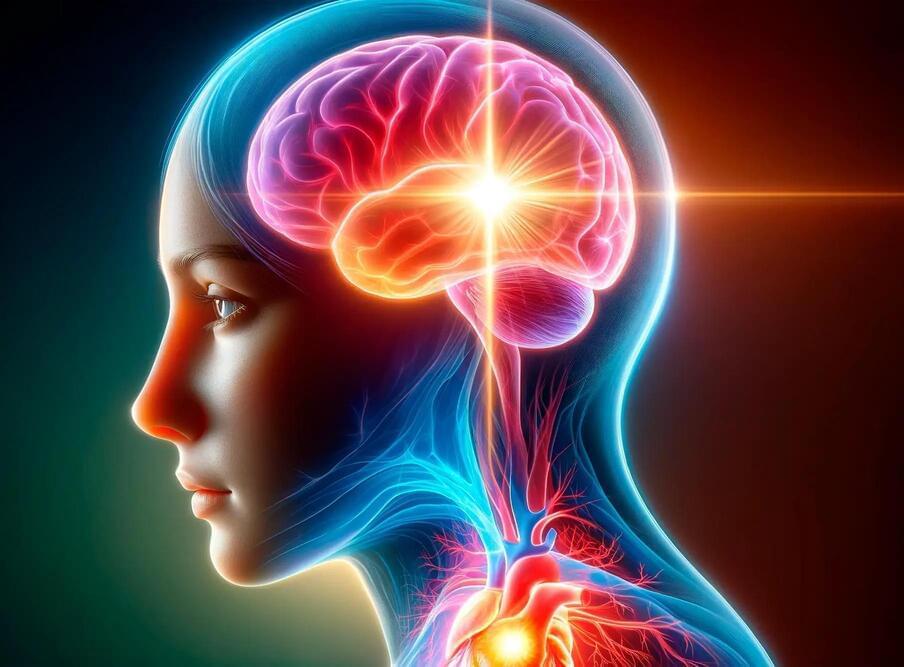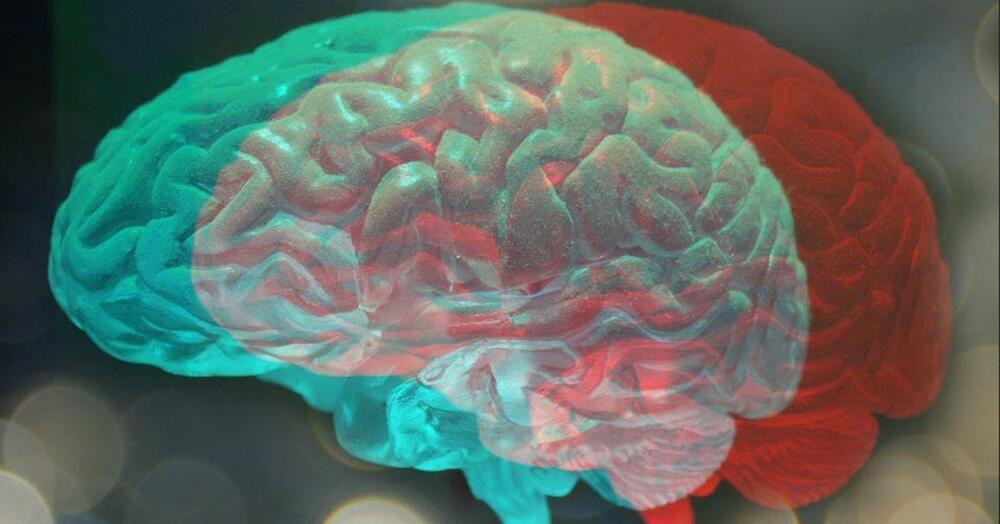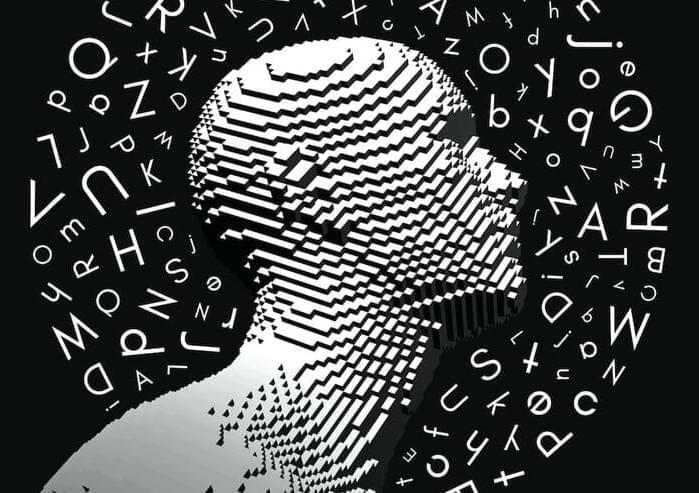A pair of studies from the laboratory of Evangelos Kiskinis, Ph.D., associate professor in the Ken and Ruth Davee Department of Neurology’s Division of Neuromuscular Disease and of Neuroscience, have uncovered novel cellular mechanisms that are involved in two types of genetic amyotrophic lateral sclerosis, or ALS.
The findings, published in Science Advances and Cell Reports, improve the understanding of ALS, a progressive neurodegenerative disease that attacks motor neurons in the brain and spinal cord, and provides support for the future development of targeted therapies.
An estimated 32,000 individuals are currently living with ALS in the U.S., according to the Les Turner ALS Foundation. There are two types of ALS: sporadic (non-genetic), which makes up more than 90% of all ALS cases, and familial (genetic).
